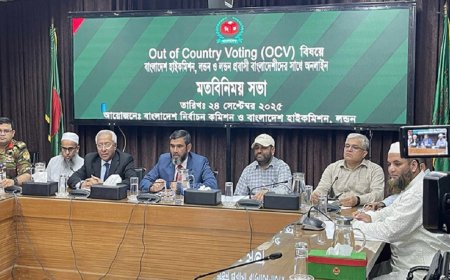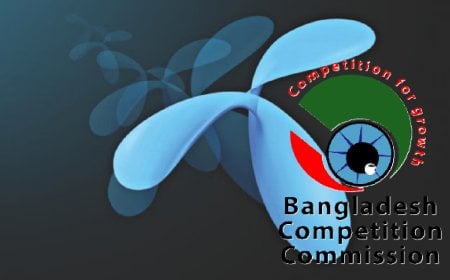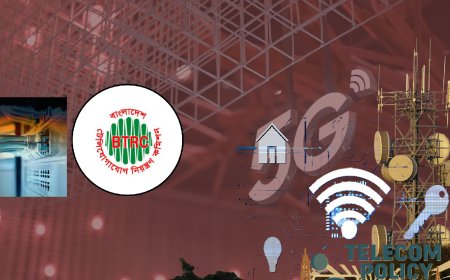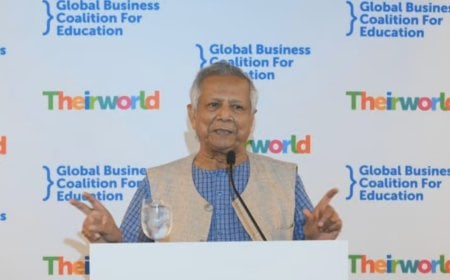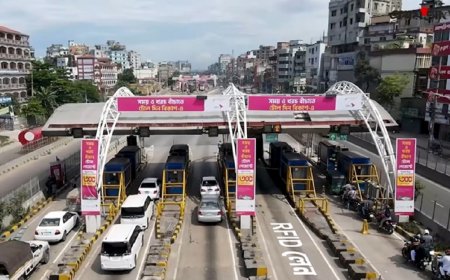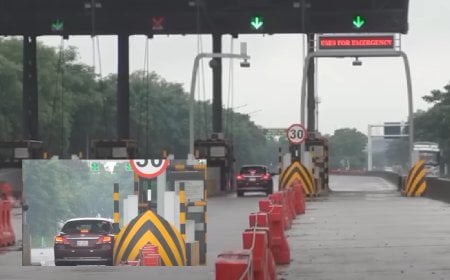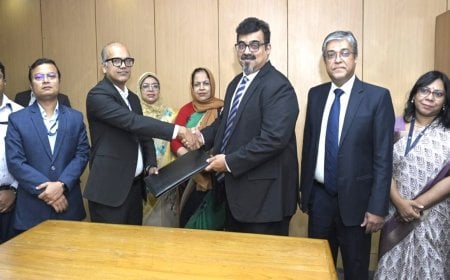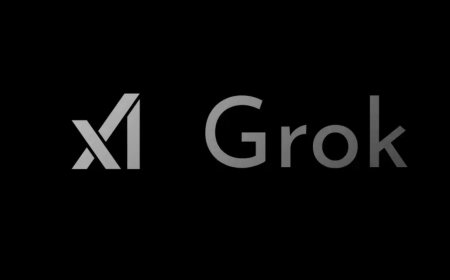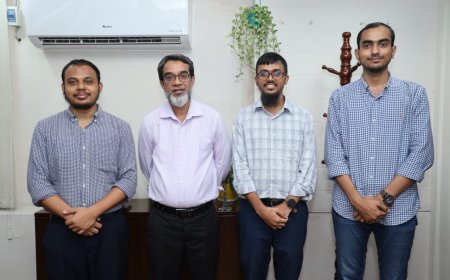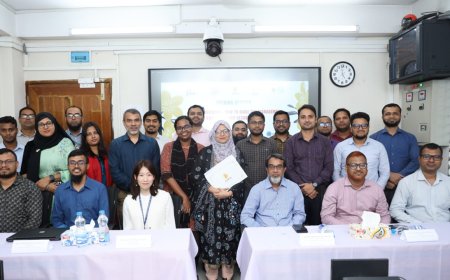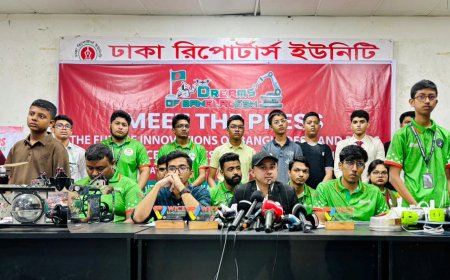ICX Operators Evade Crores Due to BTRC’s Oversight Failure: Faiz Ahmad Taiyeb
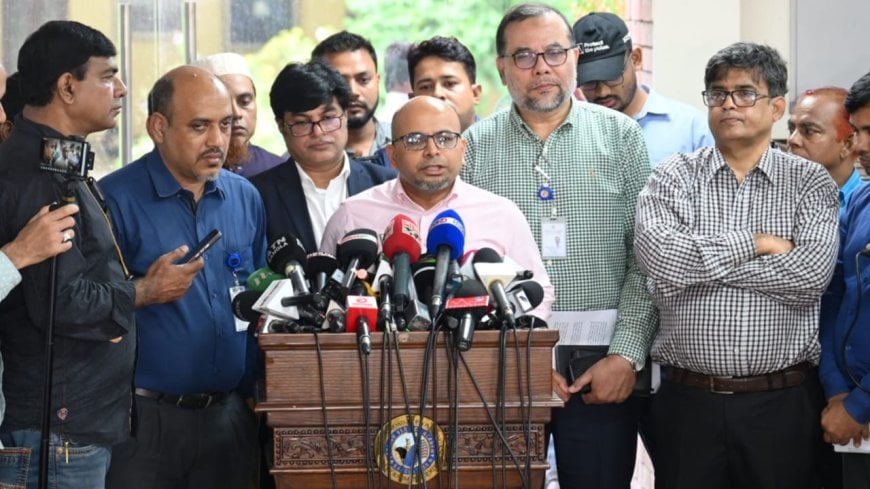
The Special Assistant on Posts, Telecommunications and ICT to the Chief Adviser, Faiz Ahmad Taiyeb, has alleged that due to the Bangladesh Telecommunication Regulatory Commission’s (BTRC) failure to ensure effective monitoring, Interconnection Exchange (ICX) operators were previously able to engage in significant fraud and malpractice. He asserted that the new Telecom Policy 2025 is being framed to shut down such avenues and make all layers of service benefits visibly accessible to consumers.
Speaking at an urgent press conference on Monday, July 7, at the Foreign Service Academy in Dhaka, Faiz Ahmad Taiyeb expressed concern over the legacy of the 2010 International Long Distance Telecommunication Services (ILDTS) policy, which, he claimed, significantly limited the operational scope of Mobile Network Operators (MNOs). He noted, “Under the previous Awami League government, licenses were distributed largely to politically and commercially connected companies—many of which remain active today.”
Taiyeb alleged that the process of introducing reforms has made him a target. “I have come under fire from certain media outlets and vested communication syndicates,” he said. Referring to a BTRC conference on May 2, 2025, he added, “It was declared that Bangladesh’s internet is among the worst globally. Since then, we have seen coordinated pushback from powerful interest groups.”
Detailing the objectives of the draft Telecom Network and Licensing Reform Policy 2025, he noted that it includes measures to protect SMEs and bring ISPs under a 'light-touch' licensing model. “We originally proposed full deregulation of ISPs, but they requested to remain within a licensing regime so they can continue to access bank financing,” he said.
Highlighting measures to limit foreign ownership, he explained: “We’re attempting significant capping at every level—international, national, and service. For instance, at the international layer, foreign ownership is capped at 49%. At the national level, it's proposed at 55%, negotiable up to 60%. Even for fully foreign-owned operators, we’ve restricted it to a maximum of 80%.”
Regarding the removal of the ICX layer, Taiyeb said, “Many actors invested very little and provided minimal value addition, yet siphoned off large sums. We're now eliminating those licensing tiers which add no meaningful value.” He also stated, “Because of the ICX layer, users were paying 5 poisha more per minute. We've urged mobile operators to adjust call rates accordingly, in line with basic economic supply-demand principles.”
He added, “This new telecom policy will reflect benefits at every layer directly to the consumer and create a business-friendly environment that will shape Bangladesh’s digital future over the next decade. We believe a globally competitive structure is essential.”
Taiyeb emphasized that the policy aligns with long-standing recommendations from the International Telecommunication Union (ITU) and the GSM Association (GSMA), which since 2015 have pushed Bangladesh to adopt simplified licensing. “The previous government ignored this. Their motive was to keep key revenue-generating institutions in the hands of loyalists,” he claimed.
The press conference was also attended by ICT Secretary Shish Haider Chowdhury, Acting Telecom Secretary Md. Zahidul Islam, and Press Secretary to the Chief Adviser Mohammad Shafiqul Alam.


